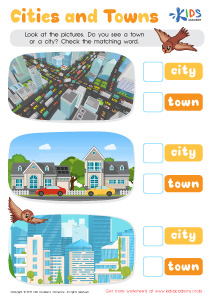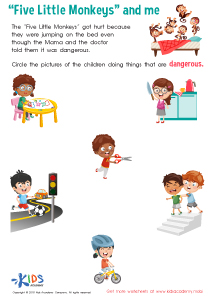Easy Reading Comprehension Worksheets for Ages 4-8
60 filtered results
-
From - To
Discover a delightful selection of Easy Reading Comprehension Worksheets designed for children ages 4-8 at Kids Academy! Our engaging activities help young learners develop crucial reading skills through fun, age-appropriate exercises. Each worksheet is carefully crafted to boost your child's understanding, retention, and enjoyment of reading. Perfect for early readers, our materials cover various topics and story themes, keeping kids interested and motivated. Enhance your child’s literacy journey with these valuable tools, created to foster a love for reading while strengthening comprehension abilities. Visit Kids Academy today for free printable worksheets that make learning to read enjoyable!
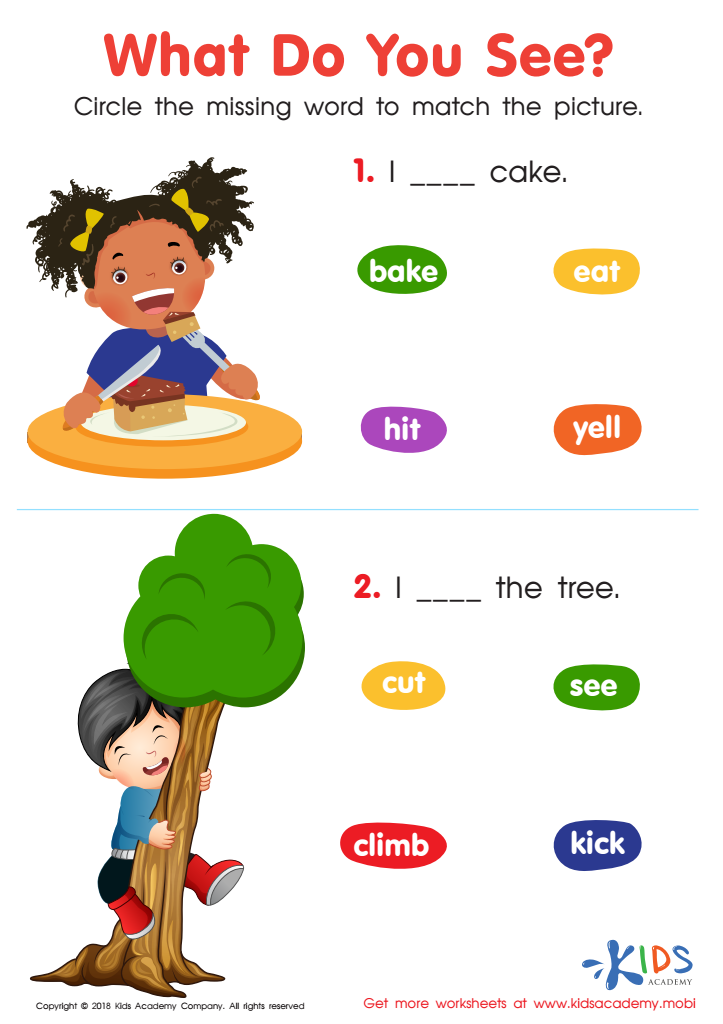

What Do You See? Reading Worksheet
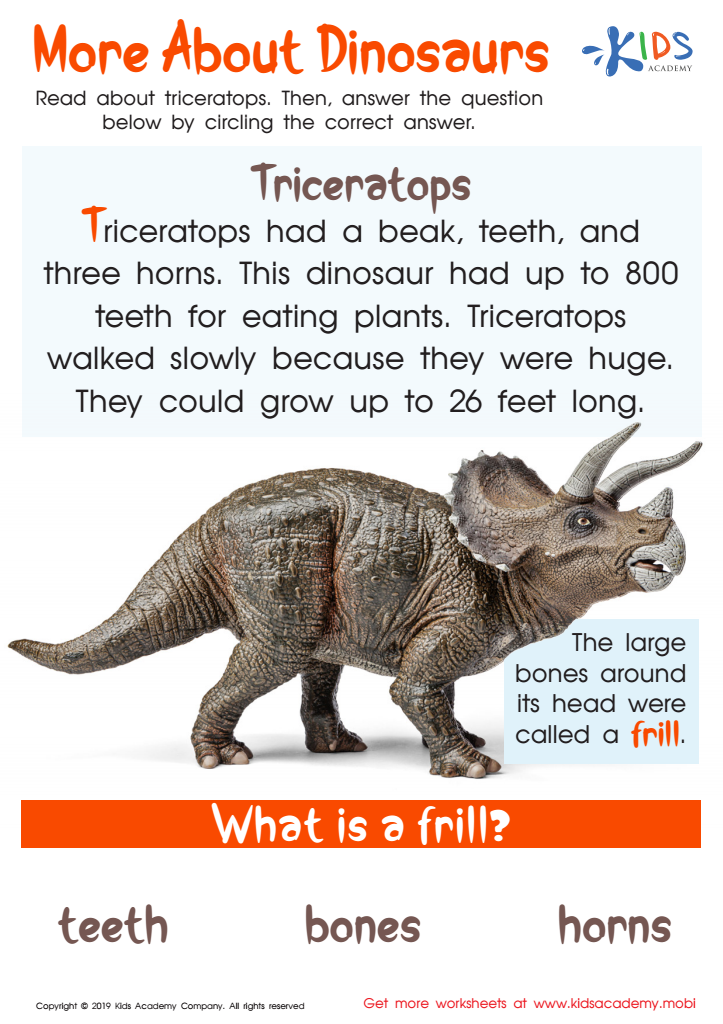

More About Dinosaurs Worksheet
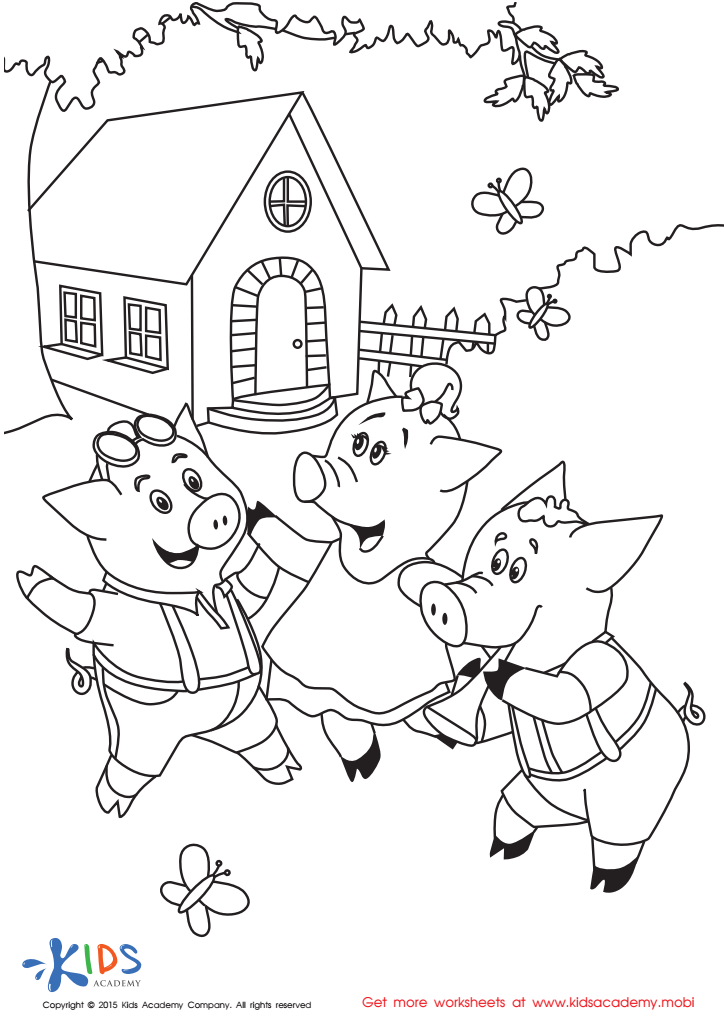

Folktales Printable PDF Worksheet: The 3 Little Pigs
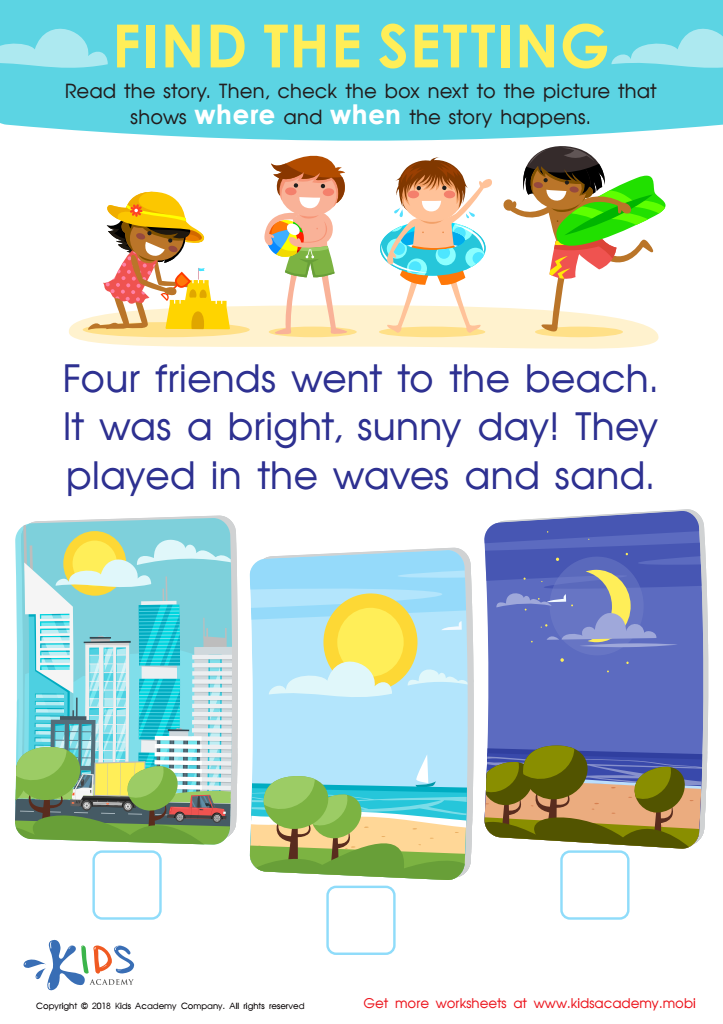

Find the Setting Worksheet
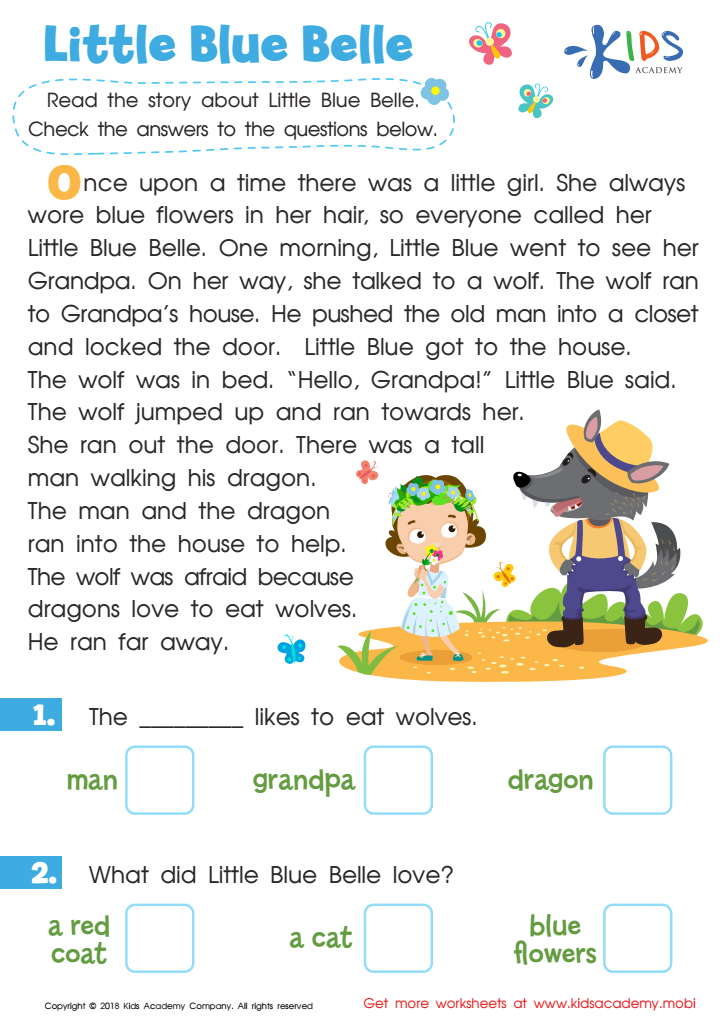

Little Blue Belle Worksheet
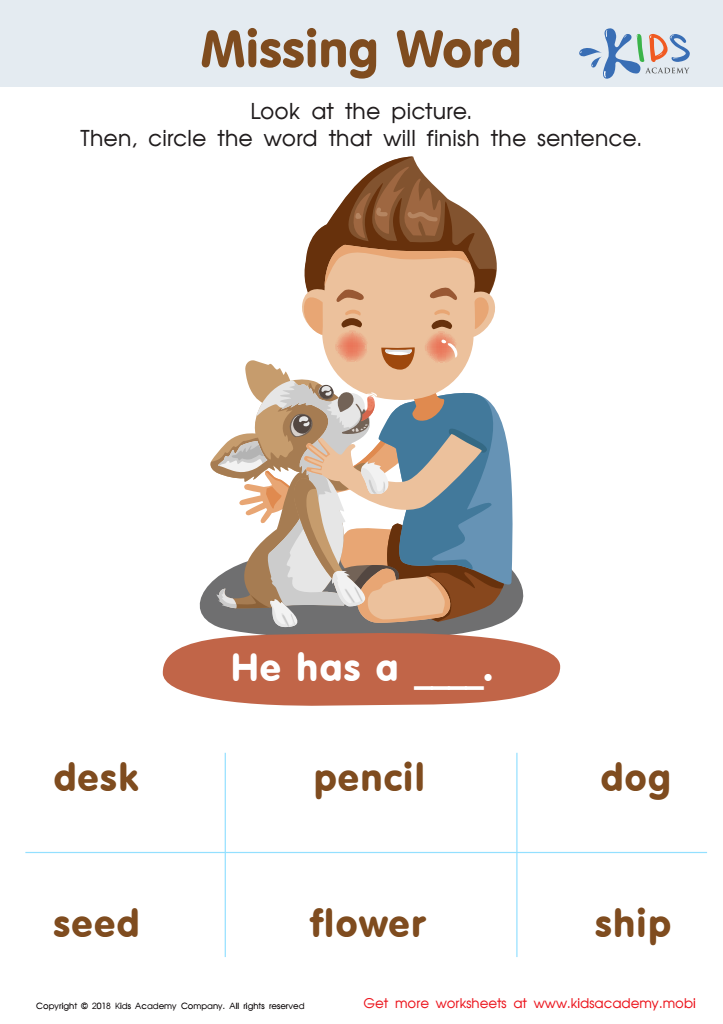

Missing Word Worksheet
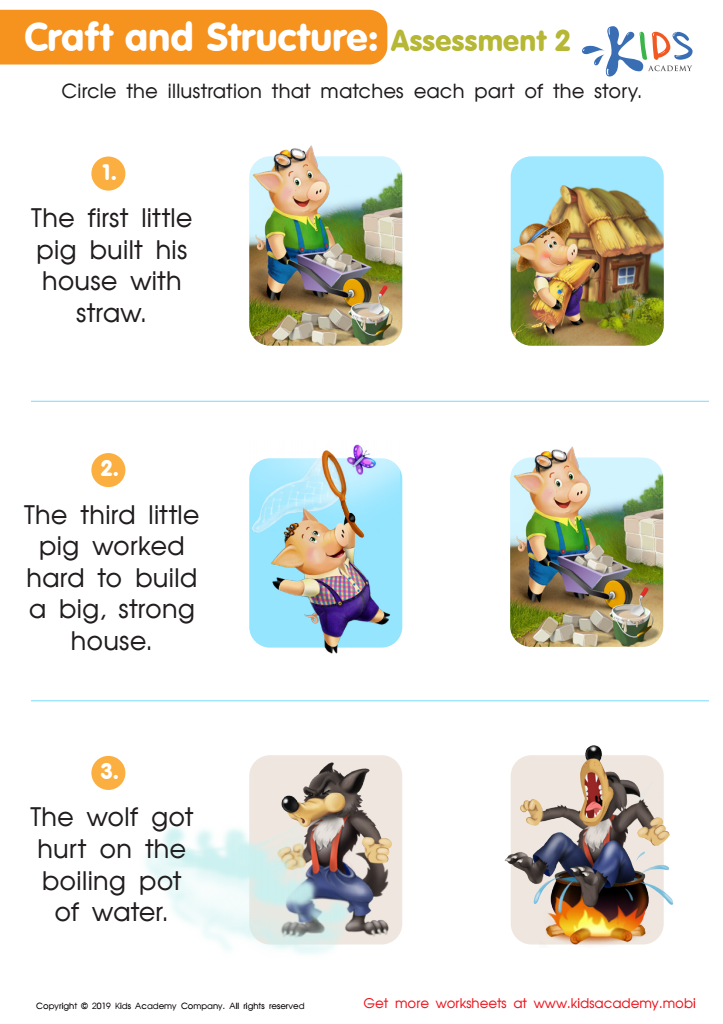

Craft and Structure: Assessment 2 Worksheet 2
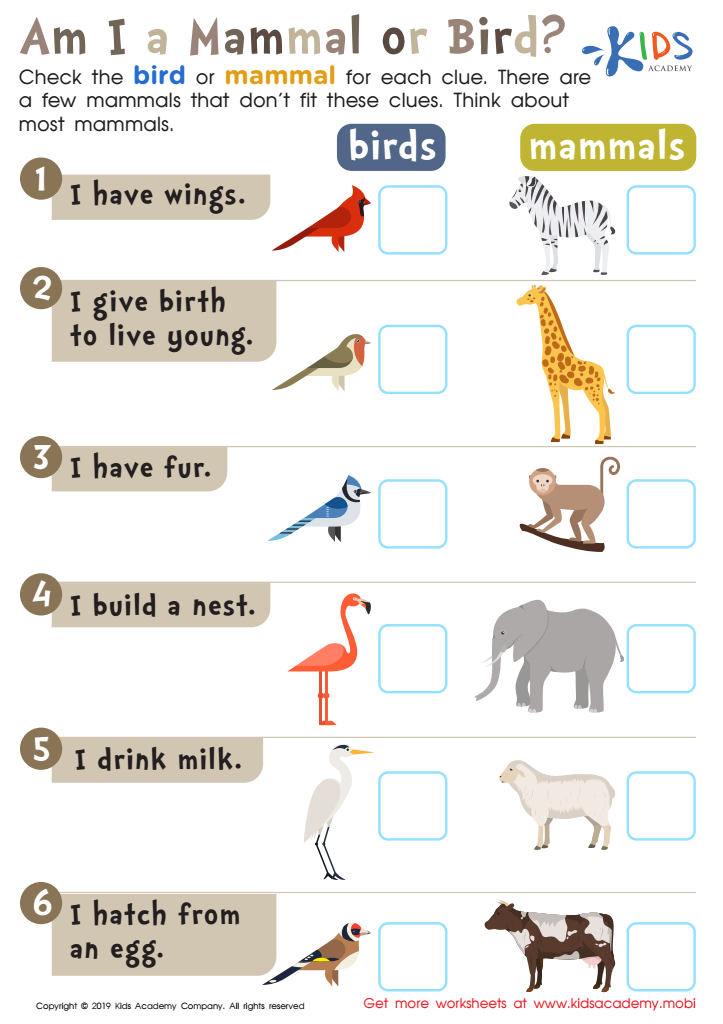

Am I a Mammal or Bird? Worksheet
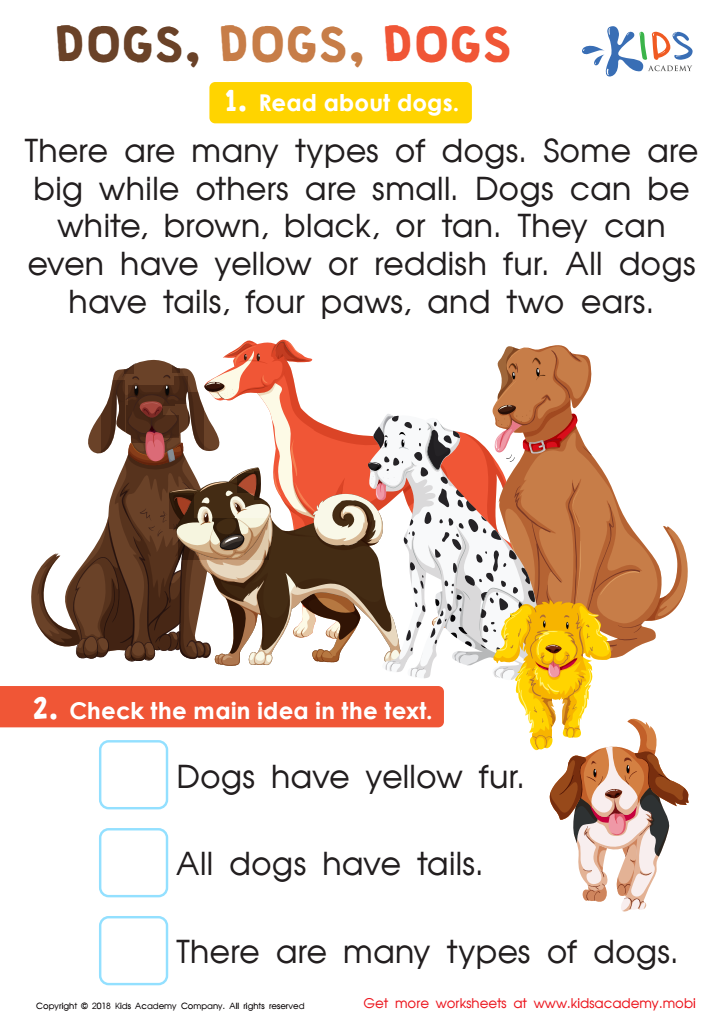

Dogs, Dogs Worksheet
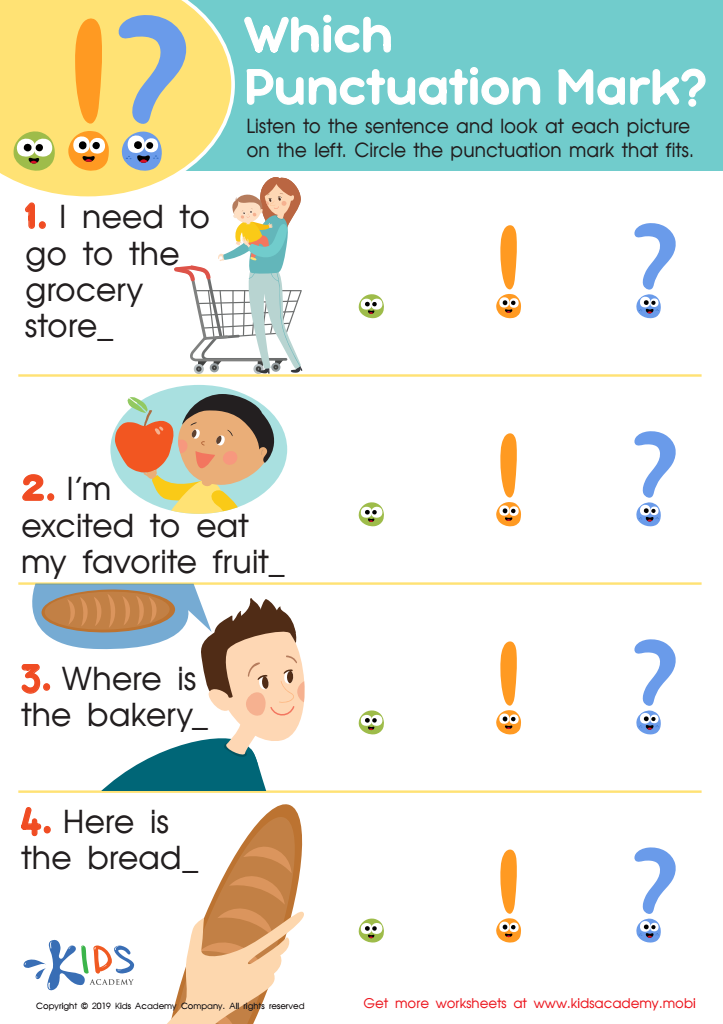

Which Punctuation Mark Worksheet
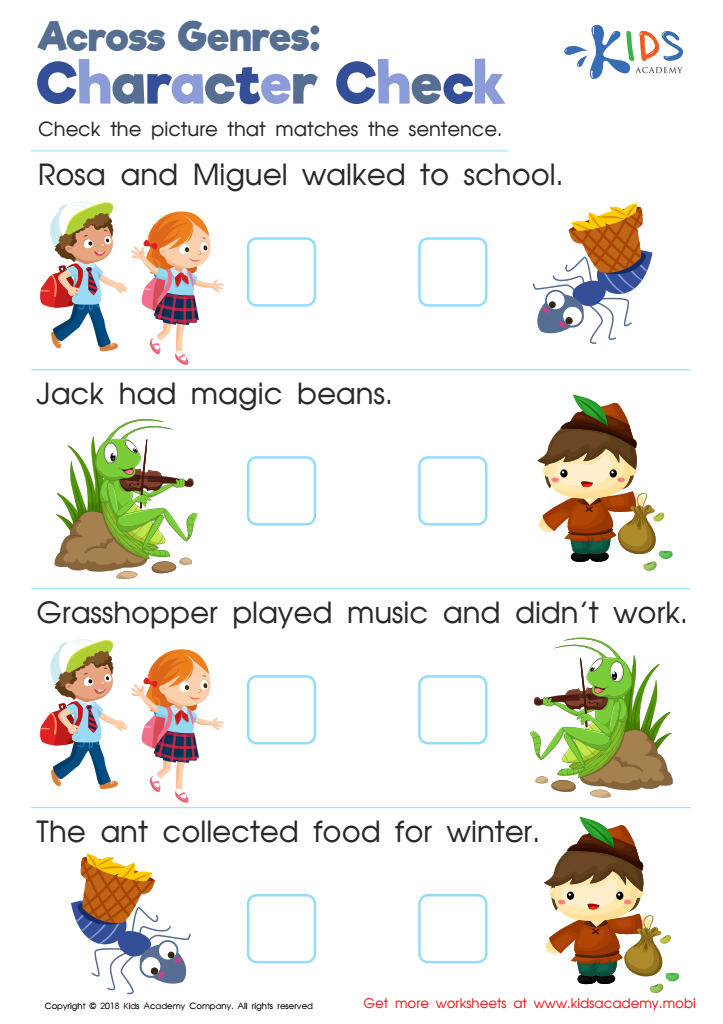

Across Genres: Character Check Worksheet


More Octopus Facts Worksheet
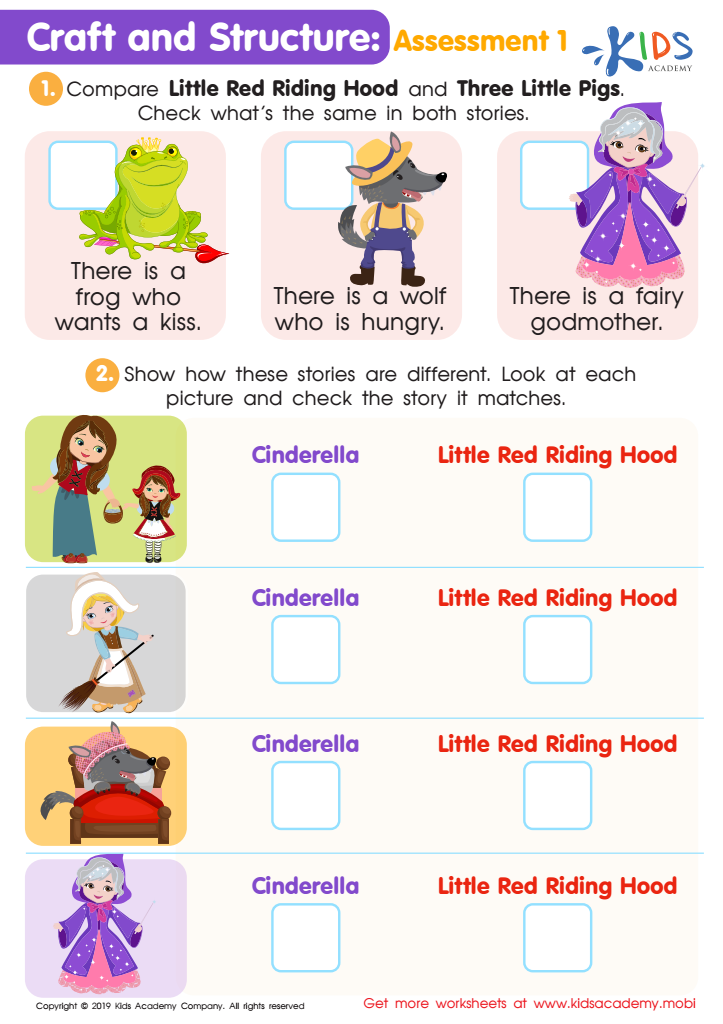

Craft and Structure: Assessment 1 Worksheet
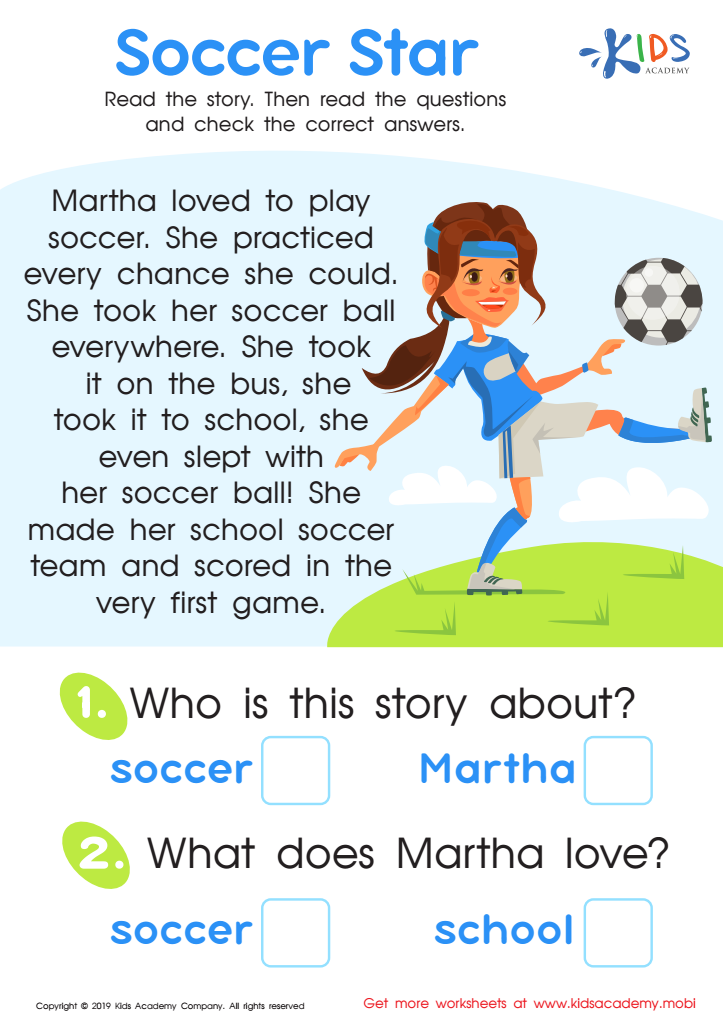

Soccer Star Worksheet
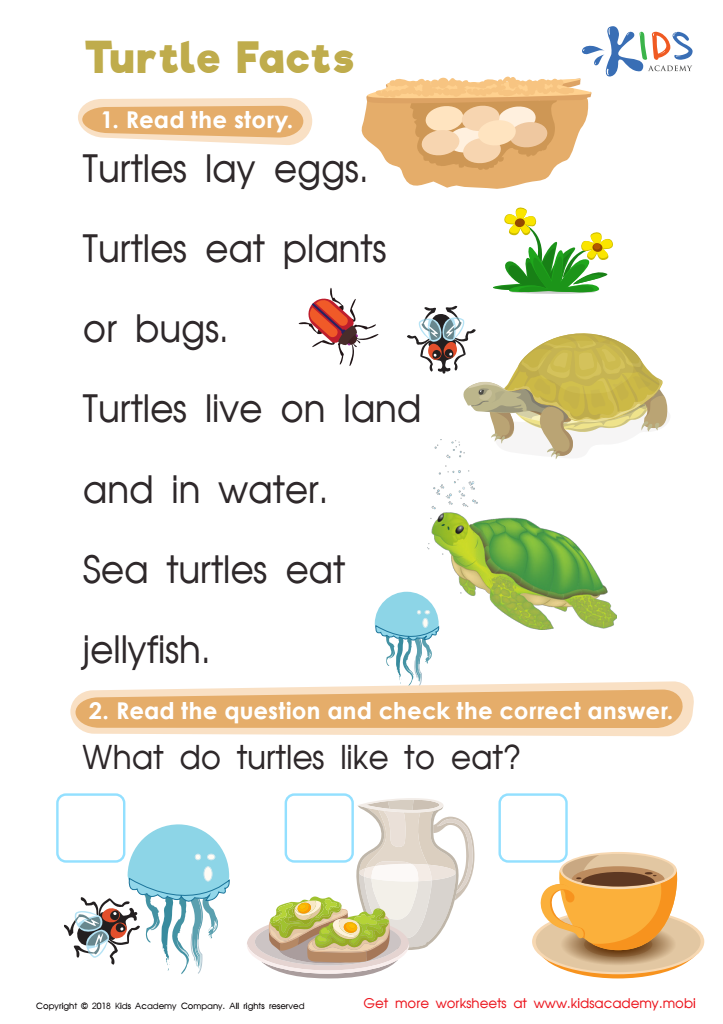

Turtle Facts Worksheet
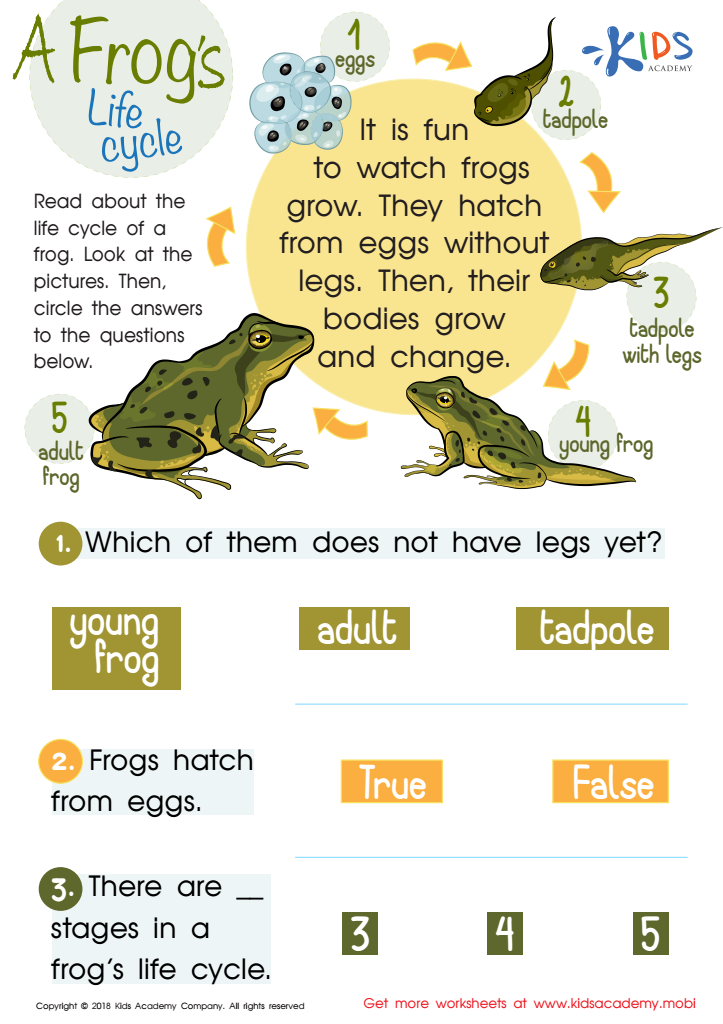

A Frog’s Life Cycle Worksheet
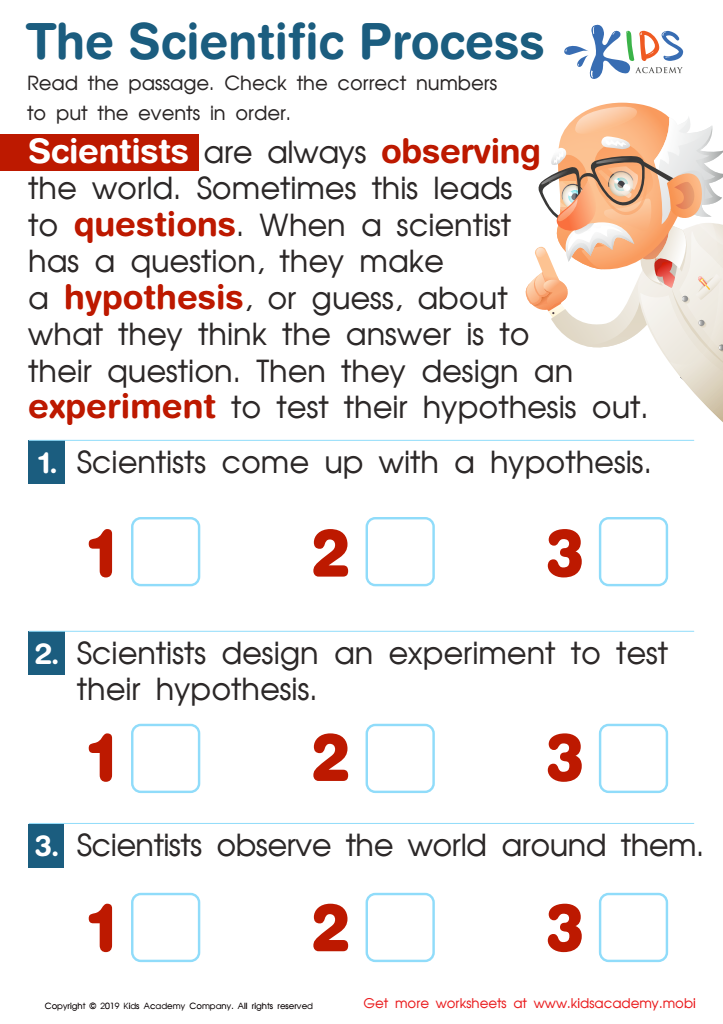

The Scientific Process Worksheet
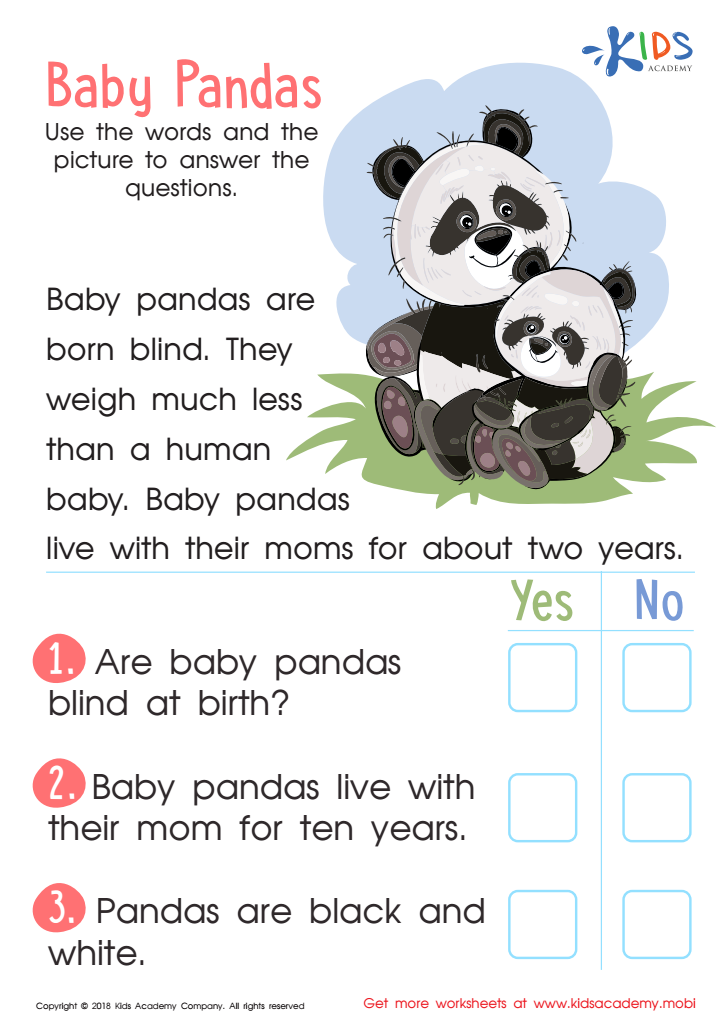

Baby Pandas Worksheet
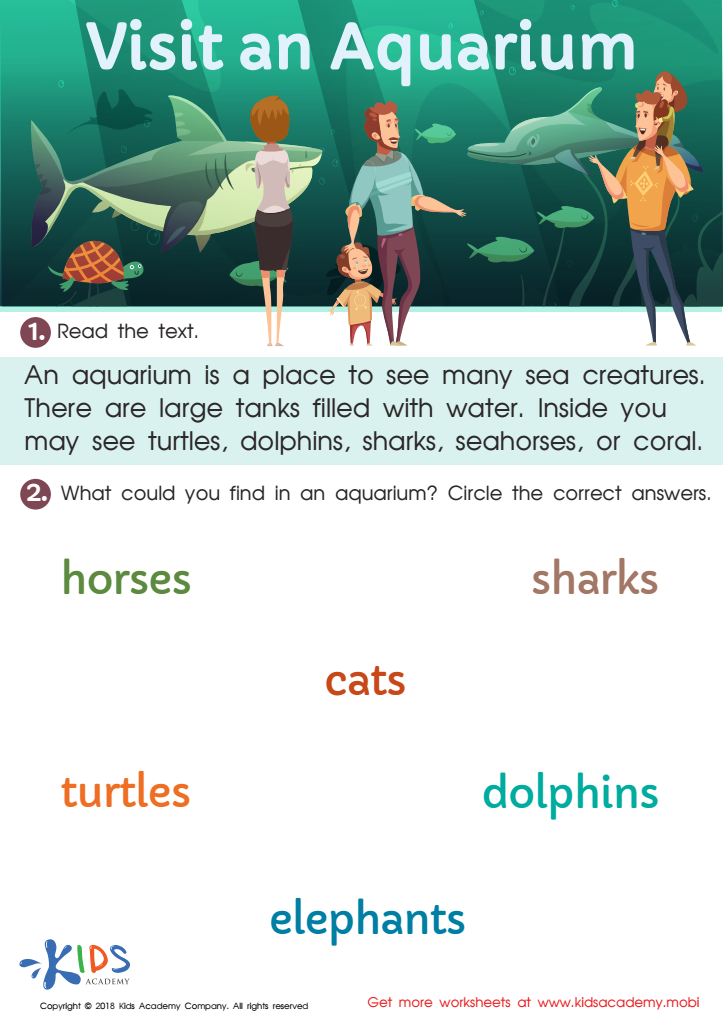

Visit an Aquarium Worksheet
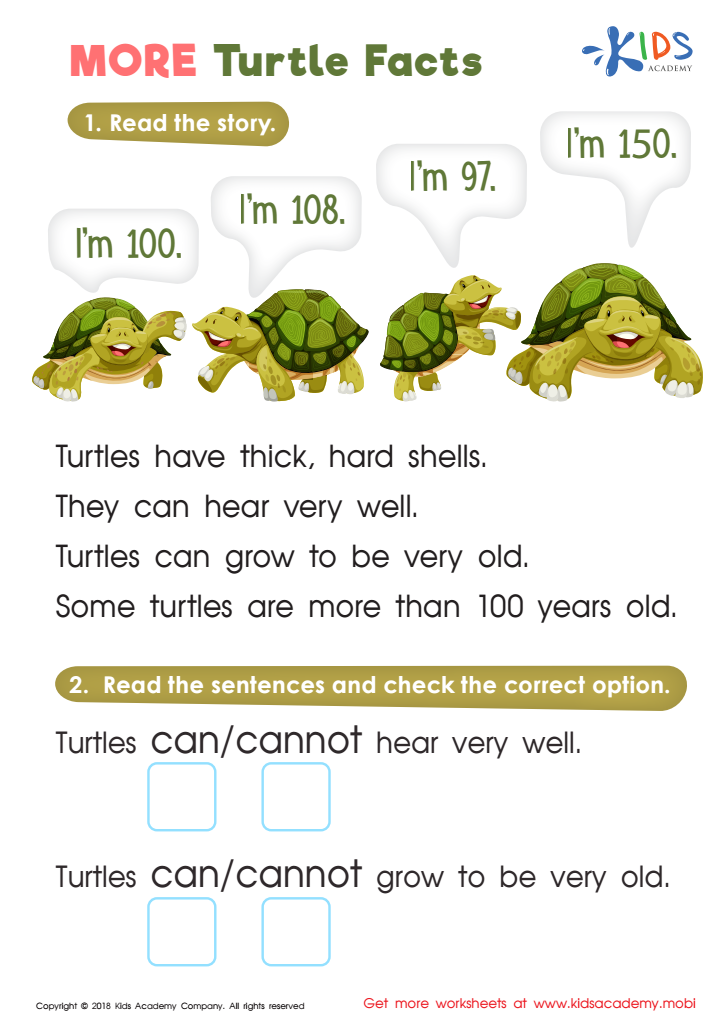

More Turtle Facts Worksheet
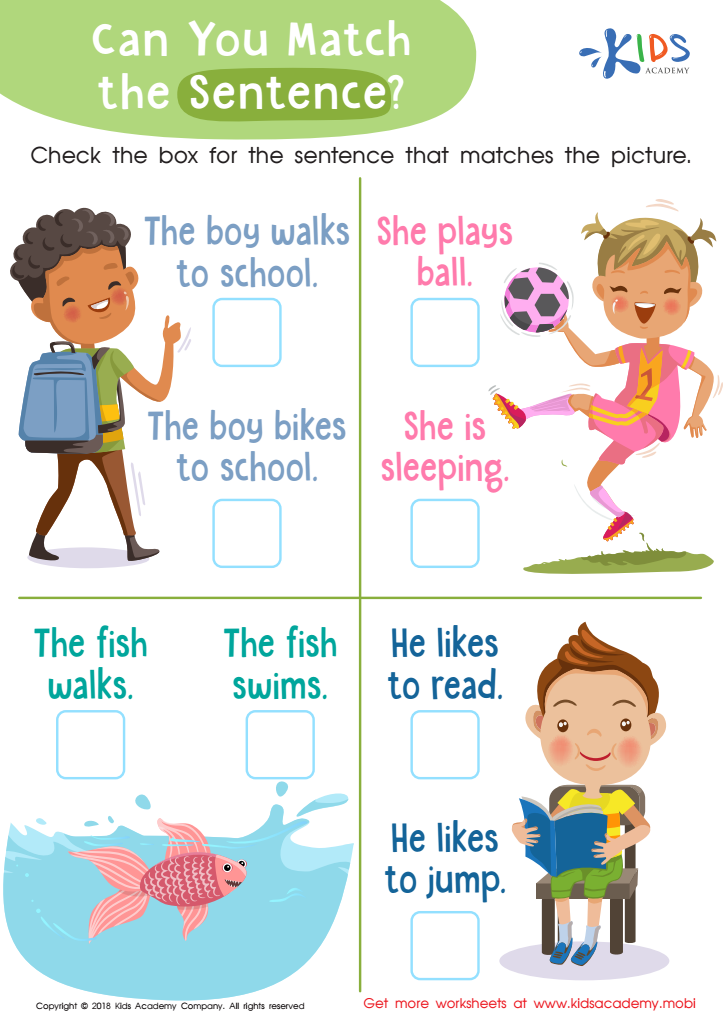

Can You Match the Sentence? Worksheet
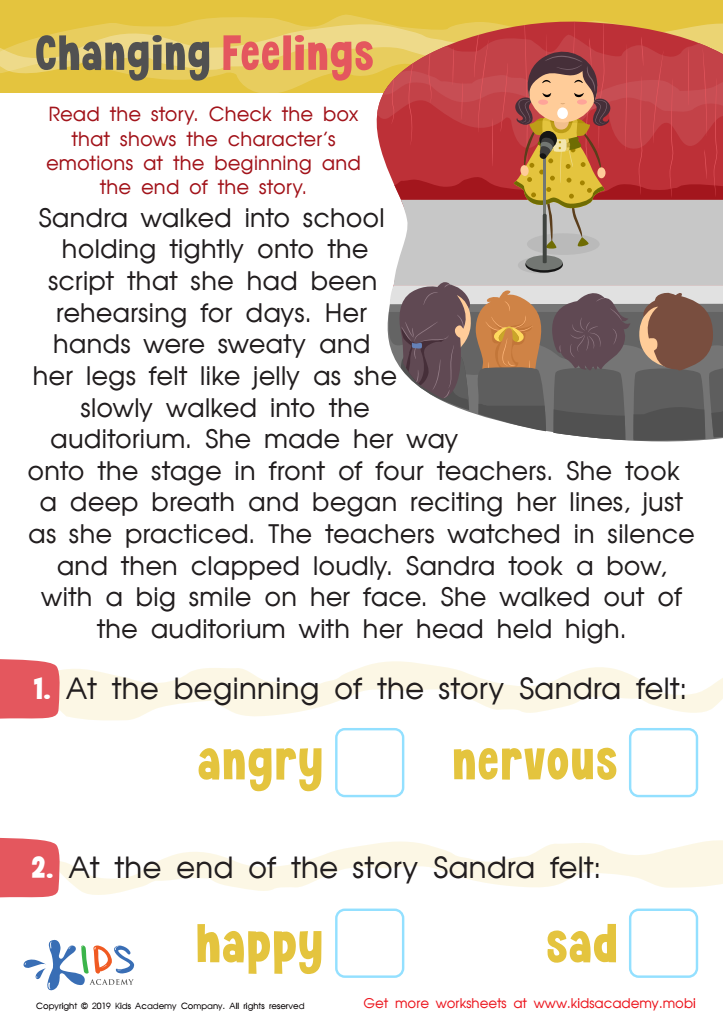

Changing Feelings Worksheet
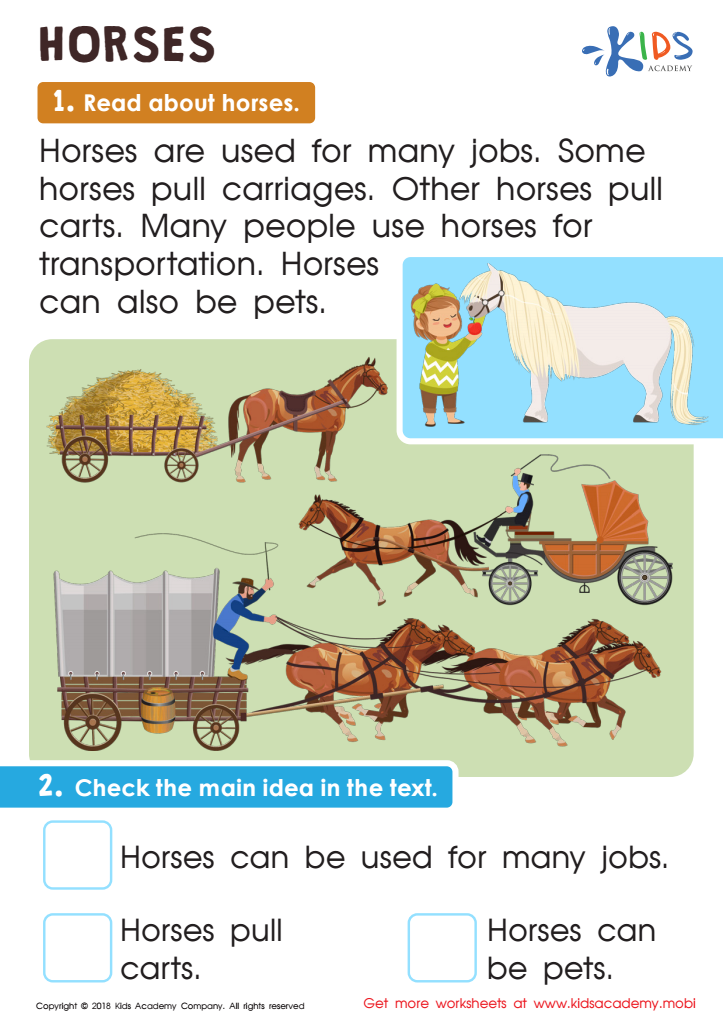

Horses Worksheet
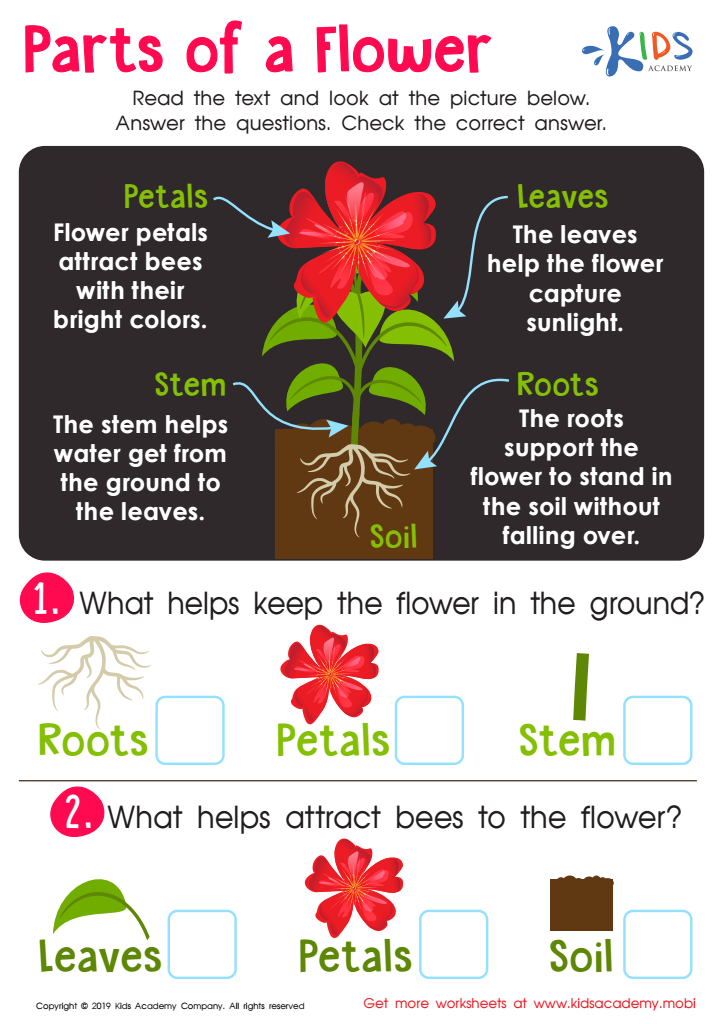

Parts of Flower Worksheet
Easy reading comprehension for ages 4-8 is crucial for several reasons. Firstly, comprehension skills form the foundation for all future learning. When children understand what they read, they are more likely to succeed not only in language arts, but across various subjects, including math, science, and social studies. These early years are formative, matching the developing cognitive abilities and emerging curiosity in young minds.
Secondly, fostering good reading comprehension can enhance critical thinking. By asking questions, summarizing plots, and predicting outcomes, children learn to think critically, resonating beyond literature and into real-life problem-solving.
Furthermore, early reading comprehension builds vocabulary, fosters a love for reading, and promotes empathy by allowing children to experience diverse perspectives through stories. Rich interaction with text directly impacts language development, leading to better communication skills.
Socially, children who are confident readers often exhibit improved self-esteem and better peer relationships. They can share and discuss stories with others, enriching their social interactions.
For parents and teachers, investing time in easy reading comprehension not only supports academic achievements but cultivates lifelong learners with a love for reading. Simple activities like reading together, asking open-ended questions, and engaging in post-reading discussions can make a significant difference. Overall, it ensures that children develop essential tools needed for both academic success and personal growth.

 Assign to My Students
Assign to My Students










